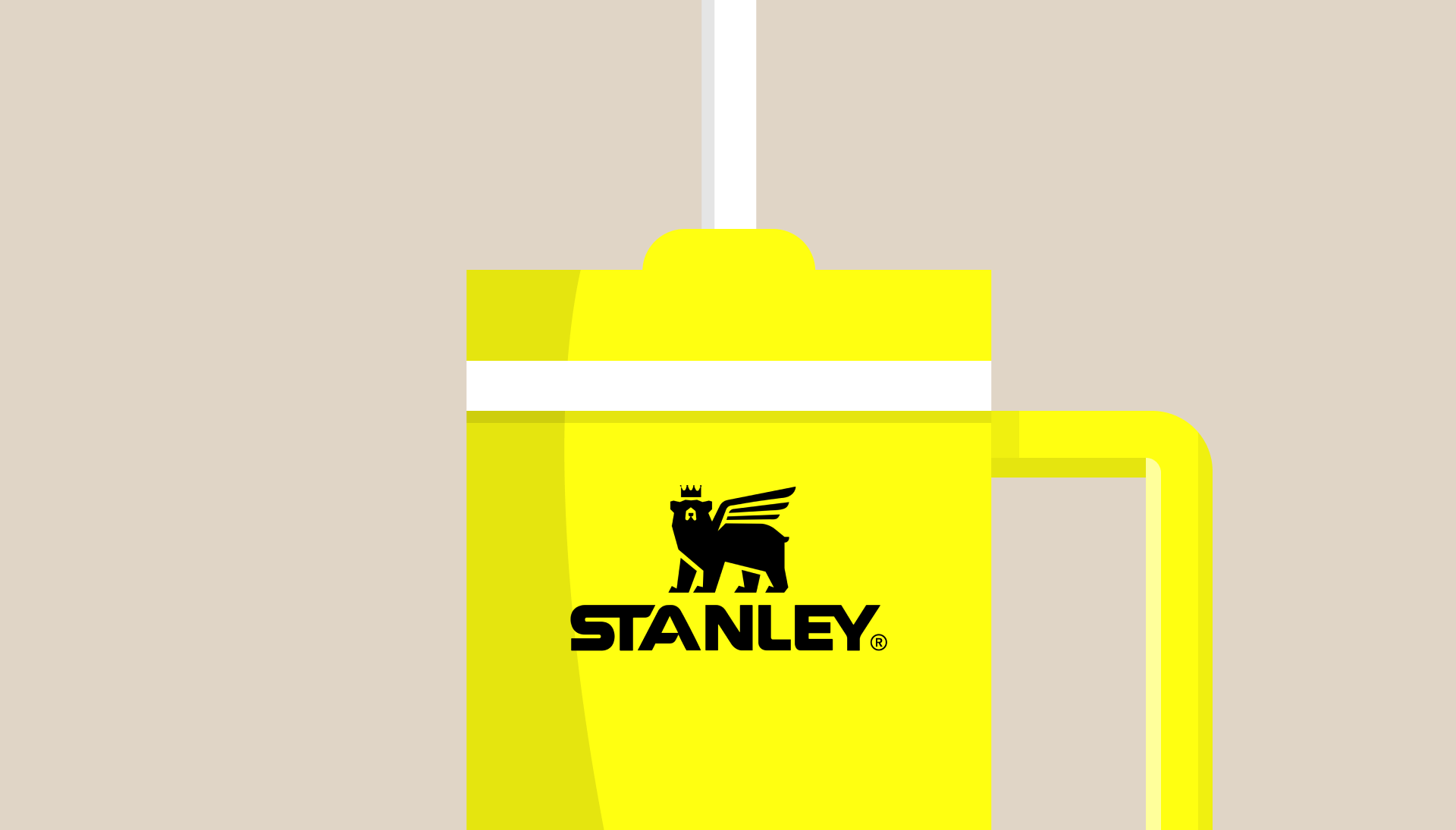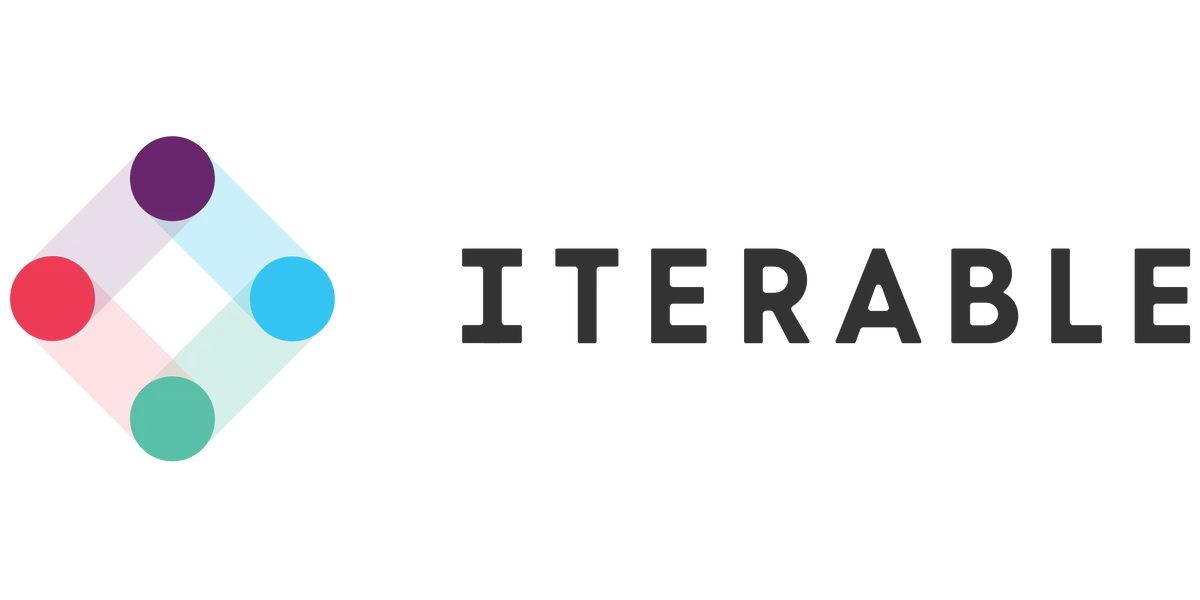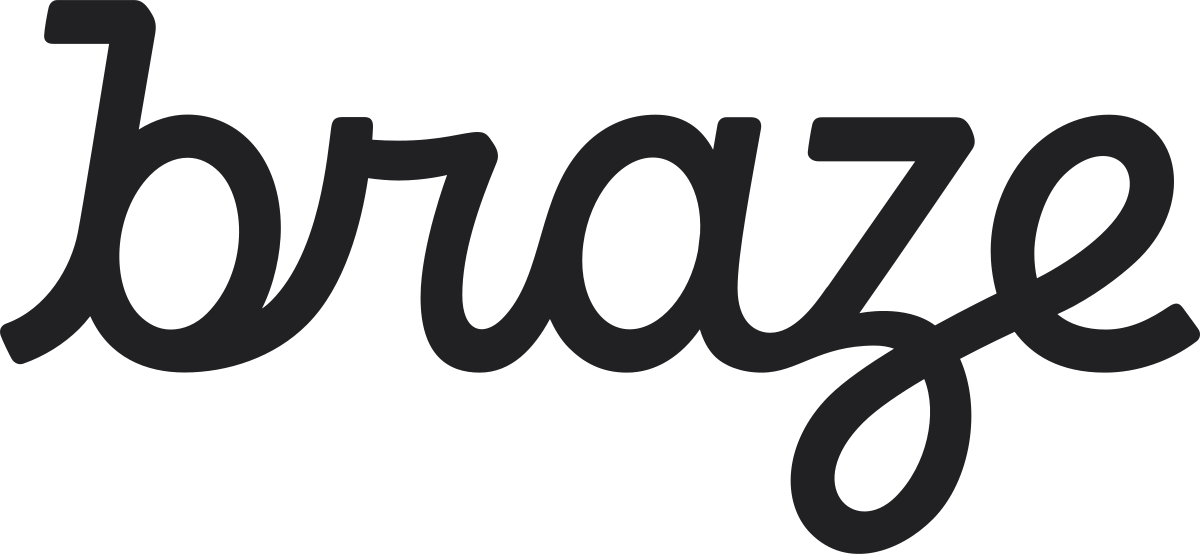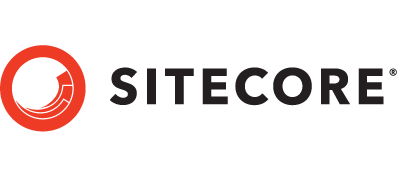If you’ve been following our recent posts, you’ll know that Facebook has been pushing out a number of innovations over the last few weeks. In their most recent limited feature release Facebook has put forward a method they feel answers the eternal question of savvy marketers; “how do I know my ads are working”?
Facebook’s new method compares its own ad impression data with advertisers’ purchase data. This allows Facebook to build a list of people who were served an impression and then completed an action offline like an in-store purchase.
By comparing the performance of the group which was exposed to Facebook ads rather than a test group, Facebook feels that they can prove conversion uplift driven by their media.
While the approach has merit, it’s important to bear in mind there’s a lot of factors that haven’t been taken into account.
1. Cost per reach trap
Not all touches actually constitute a meaningful engagement and the cost to reach the entirety of your target viewed on the Facebook user base is very low.
So according to this method, if you reach everyone, just once, with any message, regardless of its relevance, your report would show that your irrelevant message drove conversions in spades.
The problem is, rather than helping you find an audience or creative sweet spot, you might be lead to lump in conversions that would’ve happened anyhow into the bucket of users Facebook is claiming as theirs.
Money spent, but no real value added.
Most businesses don’t have the resources to saturate an audience in a channel. But businesses that have substantial budgets or speak to a small niche can run into this problem.
2. It’s a multichannel path to purchase
The internet is bigger that Facebook. So whilst it should be valuable to prove that Facebook contributed to an online or office conversion, if you don’t know where in the purchase journey these interactions occurred in relation to one another, it’s a relatively limited piece of information.
If Facebook rolls this method into other platforms that serve out display, search and online TV media & creative, this might start to add some serious value to clients who use attribution models other than last touch or last click.
Facebook may well have their ducks in a row here with Atlas. We’ll need to wait and see the depth of functionality included in Atlas when it develops beyond its initial Beta client set.
3. Data integrity
Keeping your customer data safe and more importantly your own brand information safe, is more of a concern to most businesses than tracking marketing performance.
Sharing sales data may well be a bridge too far for many organisations, regardless of any checks & balances in place.
Privacy considerations are also a factor. Although many businesses are comfortable sharing their anonymised customer data with third parties, consumers are increasingly questioning the practice.
Even should the cost per reach trap and multichannel attribution issues have been addressed, there’s a broader conversation that needs to happen around customer data. This is especially the case if there’s a possibility the data could later be reused in some form by a business that may well be a competitor.
Conclusion
There’s clearly plenty of movement in this vital area of attribution and accountability, which will present big opportunities for advertisers.
The past month has seen a lot of announcements come out of Facebook who are clearly pushing to take the initiative, and the lead, in the digital space.
We’ll keep watching carefully and keep you posted.


















